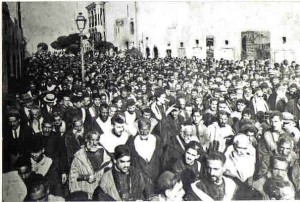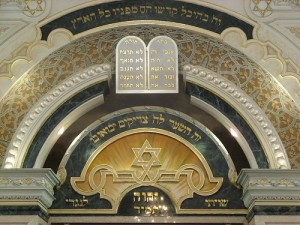Remembering Jewish Essaouira, Heritage Sites & Synagogues
May 7th, 2015
Essaouira owes much of its past, present and future to its situation on a bay sheltered from the fierce trade winds of the Atlantic Ocean by an archipelago of small, rocky islands. Towards the end of the 18th century, Sultan Sidi Mohammed Ben…



